|
We believe that approaching a cupping table with an open mind and senses is the correct way to learn, discover, and experience new sensations. We don't assume that origins have pre-assigned profiles like Kenya being associated with berries and Sumatra with chocolate. The coffee flavours can be as diverse as flavours are found in the world. This makes our work exciting because it's a journey to an unknown world of textures, flavours, and aromas that many people have never explored. And therefore, we are fortunate to guide them on this journey through specialty coffee. Umami is described as the fifth flavour, along with sweet, sour, salty and bitter. It is a savoury flavour that can be found in foods such as tomatoes, mushrooms, soy sauce, and aged cheeses, and is attributed to the presence of glutamate in these foods. Glutamate is a neurotransmitter, responsible for sending messages between neurons and the brain. All foods, including coffee, contain some amount of glutamate. Tomatoes, cheese and mushrooms contain high amounts of glutamate. However, in coffee, it is unlikely that this flavour is derived from free glutamates, as there are very few free glutamates present in green coffee. Therefore, it is more likely that the umami flavour that we sometimes find in certain lots is attributed to other compounds and substances present in coffee.
0 Comments
If you have been in the speciality coffee industry for any length of time, you have probably heard the name Giling Basah. You may also have heard other names, such as Sumatra, Gayo or Kopi Luwak. Certainly, all these terms belong to the local Indonesian language, Bahasa. And they are also already part of the language of the coffee industry, so you should understand what they mean. Giling Basah in the local language, Bahasa Indonesian, means wet hulled. It refers to the local way of processing coffee, and more specifically to the moment when the parchment is removed from the green coffee. As we know, coffee processing aims to clean the green coffee from all the protective layers, mucilage, pulp and fruit that protect it. This wet hulling process is very particular, because it removes the parchment from the green coffee when it is still wet, i.e., at 45-50 % humidity. This would be seen as an aberration anywhere else in the world.
Fear of the unknown is something we have all experienced. The exotic, the different, the uncertain, is something we immediately reject, and this is nothing more than a survival reflex developed over millions of years of evolution. Throughout human history, we have been able to survive various threats because we have instinctively rejected the unknown, opting instead for the safe, the familiar and the certain. But on many occasions the unknown can also save your life, bring you wellbeing and illuminate a wonderful path that you did not know before. Sumatra for us has been one of those experiences, one of those coffees that does not leave you indifferent, one of those that you either love or hate. For us it was love at first sight. Sumatra is the largest island in Indonesia. It is an exotic and mysterious island, with a history that not many know about, making it perhaps an obscure place, but the reality is that Sumatra is a majestic island, with abundant nature and friendly people, like few others in the world. And while most of its coffee production is concentrated in the far south of the island and is exclusively Robusta coffee (perhaps hence its bad coffee reputation), the north of the island produces only arabica coffee and in recent years the focus on quality has been growing. In the world of speciality coffee its reputation has been changing for the better, and in some regions like Gayo, we happily see more and better coffees year after year.
To understand Indonesian coffee, it is essential to understand its geography, culture and history. Indonesia is the largest archipelago in the world, made up of more than 17,000 islands, including Sumatra, Java, Sulawesi and parts of Borneo and New Guinea. With more than 278 million inhabitants, Indonesia is the fourth most populous country in the world and the most populous with a Muslim majority. Java, the most populous island in the world, is home to more than half of the country's population. The Dutch governor of Malabar (India) sent Arabica coffee seeds from Yemen to the Dutch governor of Batavia (present-day Jakarta) in 1696. The first seeds failed due to flooding. The second shipment of seeds was sent in 1699. The plants grew, and in 1711 the Dutch East India Company -VOC- sent the first exports from Java to Europe, reaching 1,000 kg shipped in 1717.
Our new Sumatran lots are arriving in Barcelona in exactly 10 days from now! And we are very excited about it, because this year's selection is better than ever! We have been able to verify that the quality of our partner Cooperatives in Sumatra has consistently improved since we started working with this origin in 2015. But how has this happened? How can such an underestimated and undervalued origin by the world of specialty coffee, can become a new quality trend in many countries, and a No. 1 favourite for many coffee enthusiasts around the world in such a short time?
|
Archives
April 2024
Categories
All
|
- What We Do
- Que Hacemos
-
Origins
-
Orígenes
- Education
- Educación
- Contact
- Contacto
- Home Roaster Store
- Tienda del Home Roaster

|
Copyright © 2015-2024 | Kilimanjaro Specialty Coffees España S.L.U. All Rights Reserved.
|

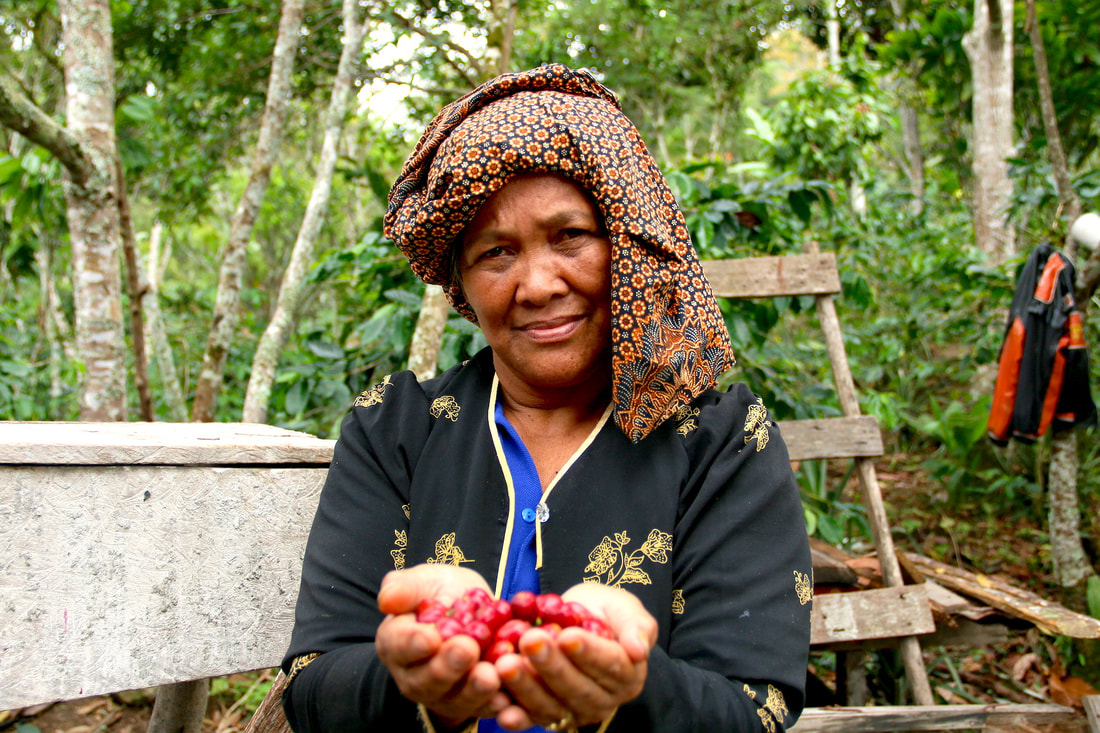
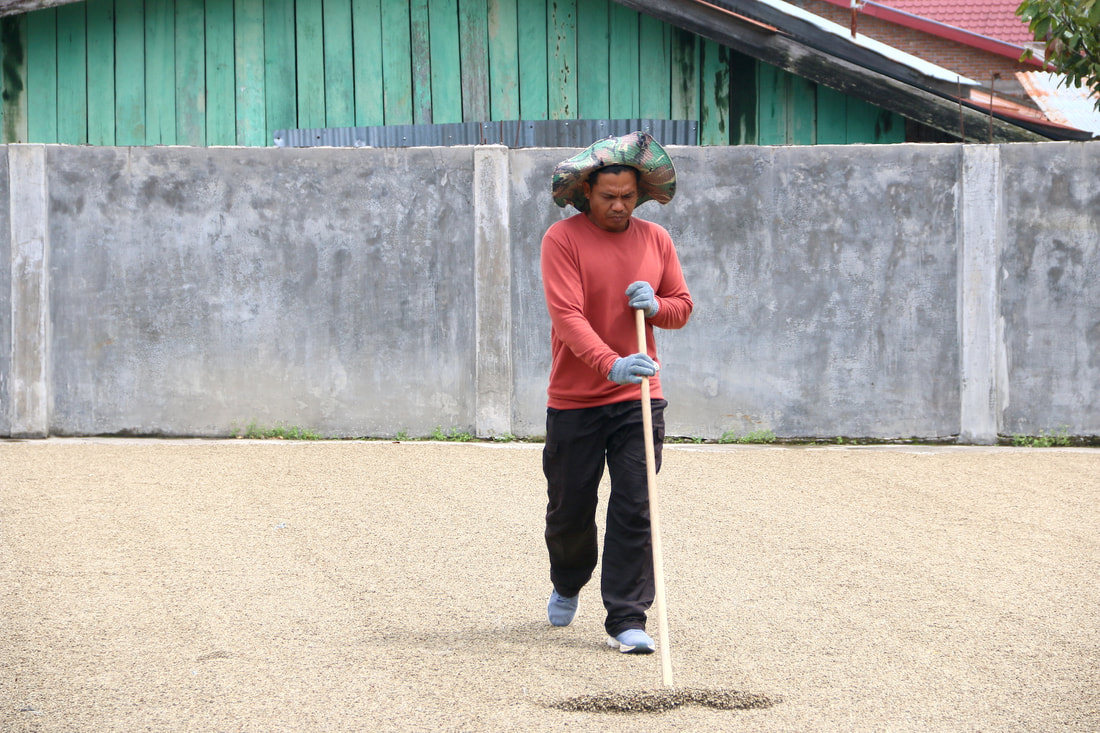
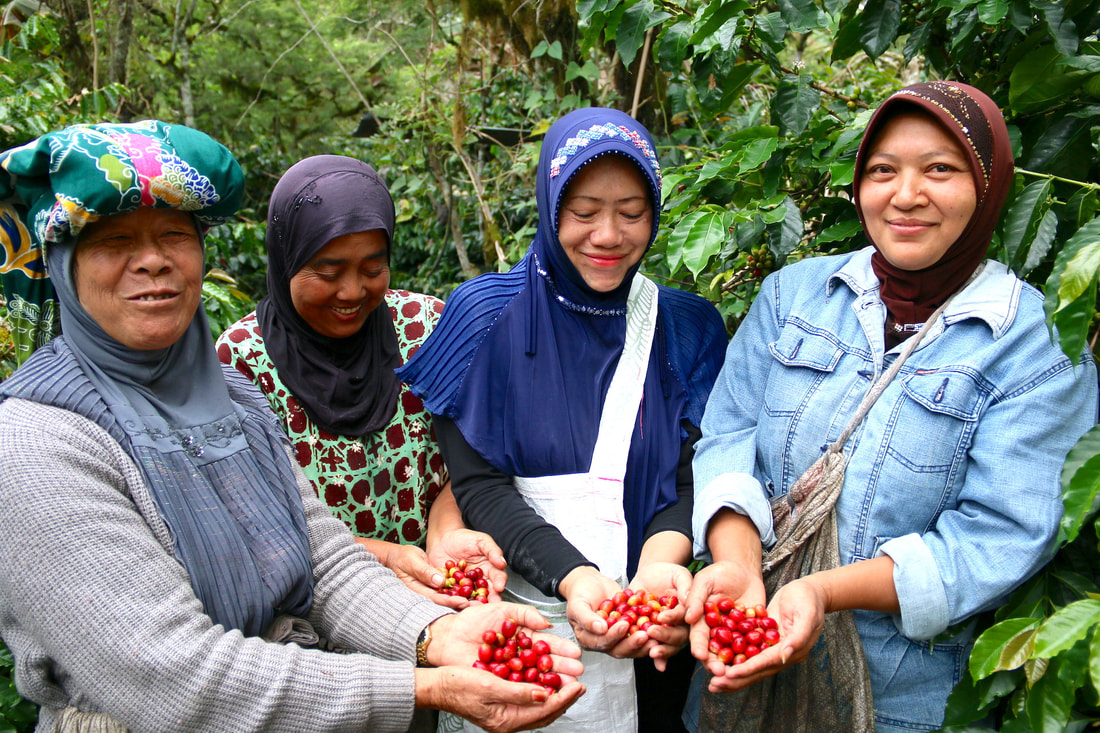
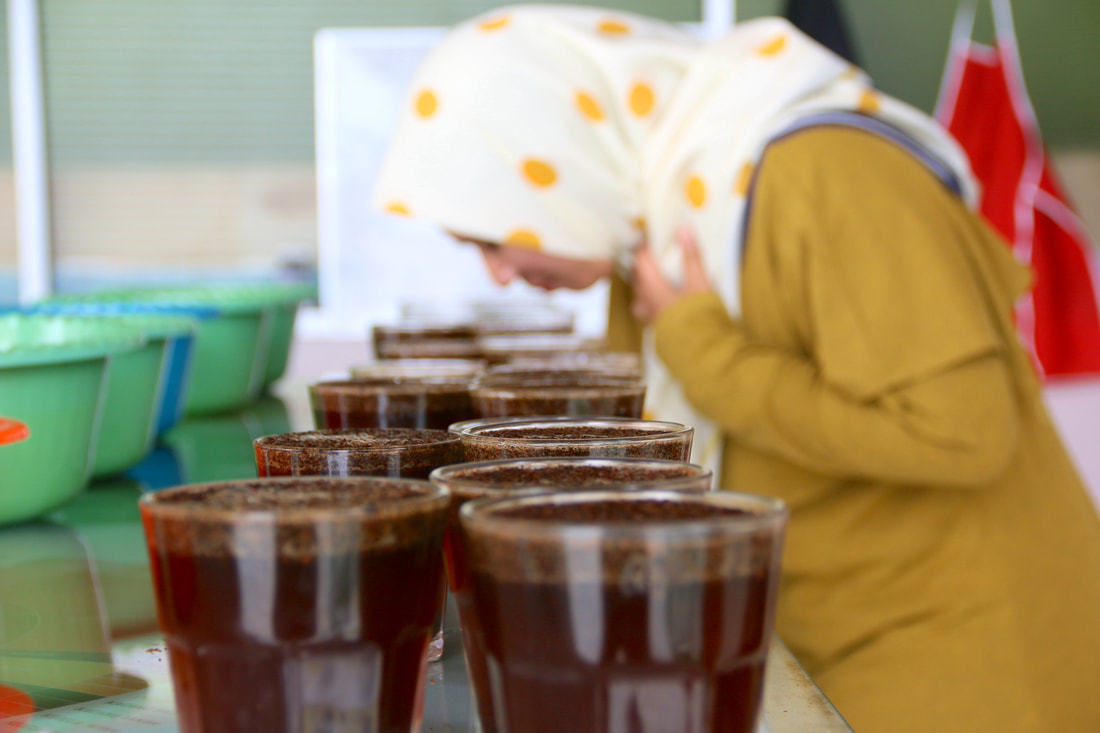
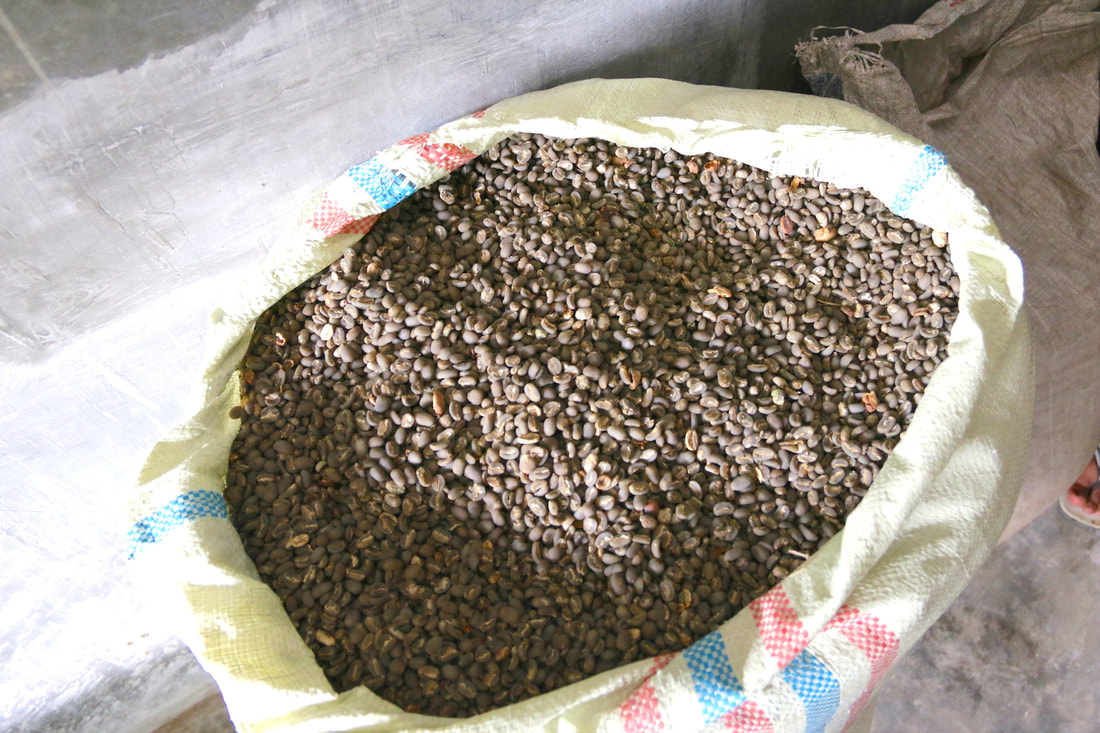
 RSS Feed
RSS Feed